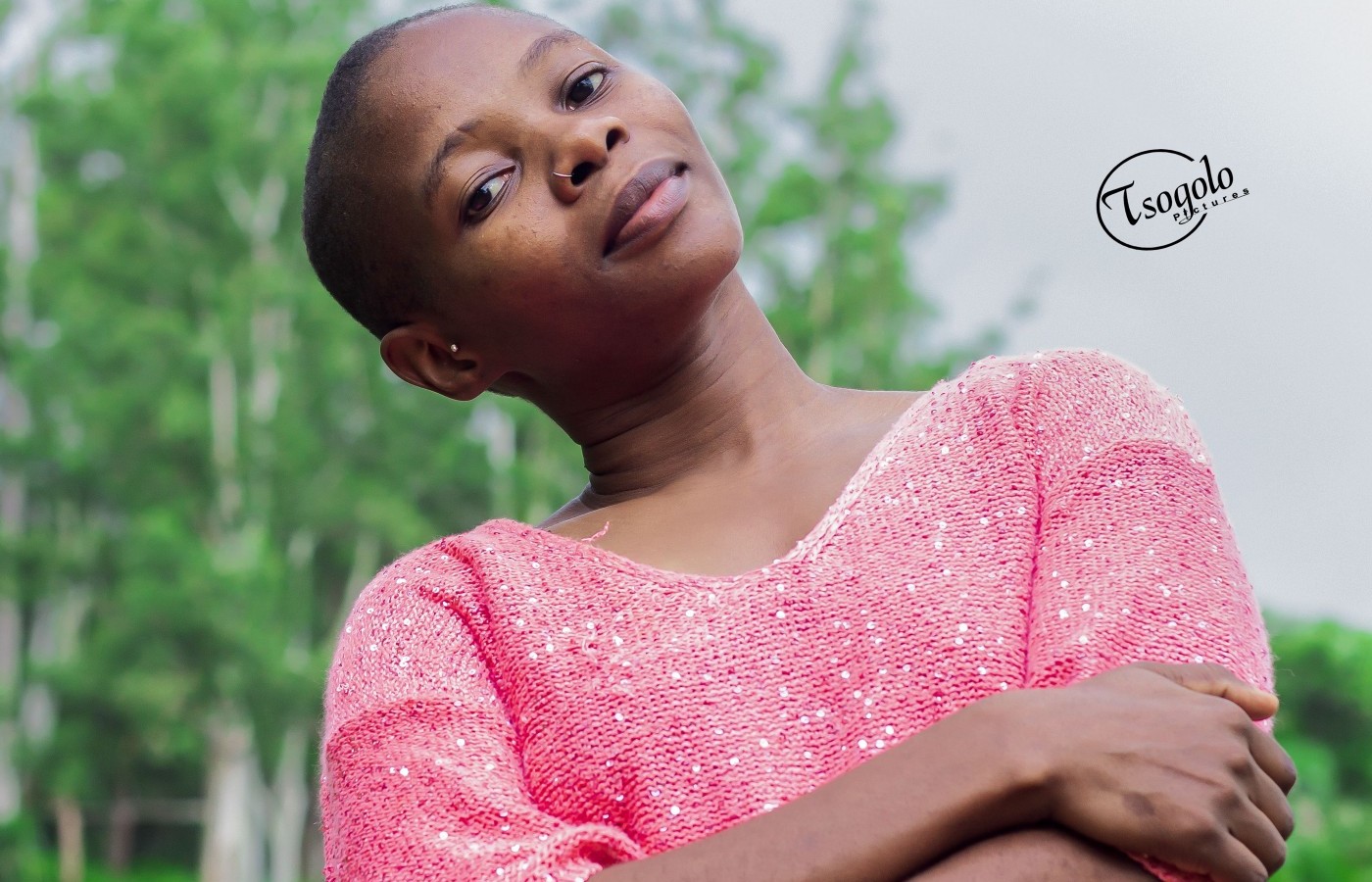It is my sincere belief that mental health is as vital as physical health and should be afforded the same level of priority by individuals and healthcare systems alike. Unfortunately, in a country like Malawi, several significant barriers prevent this from happening. In sharing some of them, I hope to also discuss possible solutions to those barriers and also explore their feasibility. I will share my thoughts on three main barriers to mental health in Malawi, namely mental health illiteracy, stigma, and cultural norms, and finally the lack of mental health practitioners.
Mental Health Illiteracy
I will explain mental health illiteracy with a couple of first-hand experiences that I’ve been through. While conducting research on maternal depression in the rural areas of Salima and Karonga, our starting point as a research team was to investigate whether our study participants knew what depression was. The word “depression” has no direct translation in our local languages. To give a loose translation to the word, we might have rushed in with words that meant “sadness”, “disappointment” or “heartbreak”. Instead, we decided to begin our study by asking a series of questions:
- What are some of the challenges that women usually face in this community?
- When you are going through these challenges, how do you usually feel?
- When you find yourself feeling all of these things — sadness, fear, anger, a loss of hope, discouragement — what do you usually call that?
The goal was to find a vernacular word that would best encapsulate “depression” for these women. It was a painstaking exercise, carried out within focus group discussions while seated on reed mats under the cool shade of enormous trees in the middle of far-to-reach villages, with women who had never heard of a psychologist or knew what modern psychotherapy was. As we pieced these concepts and personal emotional experiences together, we finally found the terms that best fit the description of depression: “kudinginyika” (to be weighed down, pushed down, or squeezed) with the Tumbuka women of Karonga, and “nkhawa” (anxiety, worry, fear) with the Chewa women of Salima. Very different words that mean the exact same thing.
“Mental health literacy would help more people to recognise the symptoms of mental problems in themselves and others, and they would also be less likely to trivialise these problems once they are noticed.”
Mental health illiteracy in the Malawian context does not necessarily mean that people are not experiencing the same mental health challenges as people from other countries. Rather, it means that many people may not be aware that the experiences they have are actually classified as mental health disorders. One person might feel that it is simply a part of life to be constantly tired, to have no interest in everyday activities, and to sometimes feel like this life is not worth living, but as a psychologist, I am likely to diagnose that as Depression. Another person may feel that it is a normal part of the everyday life of an adult to have constant, uncontrollable worries about their safety, their health, their work, and the wellbeing of their family; a psychological diagnosis for this is Generalized Anxiety Disorder. Yet another person may view it as part of their culture to consume large quantities of alcohol and may embrace as a common measure of masculinity and sociability what is clinically labeled as Alcohol Use Disorder. Much as I hesitate to give labels to people’s mental challenges–knowing the potential harm of stigma that such labels carry–the labels help to convey a degree of gravity to conditions that many in Malawi take much too lightly. Mental health literacy would help more people to recognise the symptoms of mental problems in themselves and others, and they would also be less likely to trivialise these problems once they are noticed.
Addressing the Stigma
Closely linked to mental health illiteracy is the harmful element of stigma, rooted in cultural norms that disapprove of people who manifest symptoms of any mental problems. Due to the lack of literacy regarding the nature of mental illness, people struggling with mental challenges tend to be subjected to various forms of stigma. Culture plays a big role in contributing to this stigma in a number of ways. The majority of people in Malawi are spiritually inclined, and spirituality is a huge part of many people’s lives. Many such people tend to attribute mental illness to some form of spiritual disadvantage — whether demonic possession, witchcraft, or a punishment from God. As a result of this, many people who struggle with mental challenges face severe discrimination, isolation, abuse and have a lot of shame placed upon them, usually with an element of blame for somehow bringing these challenges upon themselves. Also, people struggling with mental illness are usually considered to be weak, whether spiritually or emotionally. In particular, cultural norms place high expectations on men to demonstrate incomparable emotional strength under even the most painful of circumstances.
A very common phrase that many Malawian men grow up with is “mwamuna saalira” — a man doesn’t cry — repeated to them from as early as infancy. This normalises a perception of masculinity that is characterised by stoicism, emotional detachment, and subsequently unhealthy coping mechanisms (including violence, substance abuse, and unhealthy sexual habits). During the height of the COVID-19 pandemic in 2020, Malawi recorded a 57% rise in suicides from the previous year — and as many as 90% of these victims were male. As heartrending as those statistics are, they are sadly not shocking — taking into consideration the high expectations placed on men to shoulder their families’ economic responsibilities even in the middle of an international economic downturn, at the same time getting mercilessly ridiculed for expressing any negative emotions about it.
Stigma also stems from the misunderstanding of how prevalent mental illness actually is. Since many people battling mental health challenges do not feel free to open up and share their experiences, the general assumption is that very few other people are struggling with the same issues. This builds into the mentality that some mental illnesses are inherently “un-Malawian”, “un-African” or “un-black”, with people referring to anxiety and depression as “white people’s diseases” — usually in derision.
A Shortage of Mental Health Workers
The final massive barrier to mental healthcare in Malawi is the mental health workforce itself — or the lack thereof. According to the World Health Organisation (2018) Malawi has 0.02 psychologists, 0.01 psychiatrists, and 0.04 occupational therapists to every 100,000 people. This astronomical gap in mental healthcare providers is not strictly due to a lack of training, but rather a portion of a much bigger shortage — one of health workers in general. While universities do train and graduate psychiatric nurses every year, those nurses are very unlikely to provide mental healthcare at the hospitals to which they get posted. Because of the severe shortage of health workers within the country’s health system, most psychiatric nurses find themselves working in maternity wards, surgical theatres or emergency services instead. Few public hospitals have psychologists providing mental health support. There is a much greater need for mental health workers than the current available trained personnel can aptly meet.
Bridging the Gap
The inequality in mental health provision in Malawi is indeed enormous. It would be easy, in the face of all the many challenges, to lose hope and conclude that the country is only in for greater disadvantage in this area in the future. However, there are ways to bridge these gaps, remove the barriers, and take gradual steps to eliminate these mental health inequalities. First and foremost, there is a need to train more mental health practitioners, particularly those who can work within the psychosocial sphere of care. Understanding that not all mental illnesses are psychiatric in nature, needing medication and hospitalisation, psychosocial care workers can meet with people facing more commonly faced challenges. People who are properly supported through regular challenges of living, such as relationship challenges, grief, and stress from financial struggles, are less likely to develop more severe mental illnesses that require clinical treatment. The quintessential prevention is infinitely better than the cure.
Mental health literacy can be improved using methods very similar to those described at the beginning of this article, through the use of participatory research with people at the grassroots. Mental health challenges are not unique to any specific culture of people, although the terminology and perceptions of such challenges may be. The more people are engaged in conversation about how their cultures, backgrounds, values and norms shape their understanding of mental health and mental illness, the better an understanding we can gain into how best we can build people’s understanding of mental illness. In other words, when people are able to understand mental illness within their own contexts and their own languages, they will gradually begin to understand and accept the transient nature of it — and the ability for a person to recover from it and go on to live a healthy and fulfilling life after it. This will also lead to a reduction in stigma. Instead of facing shame, discrimination, and isolation, vulnerable people will be met with understanding, empathy, and support. Instead of families hiding away their children and loved ones struggling with mental illness, they will boldly advocate on their behalf and be at the forefront in supporting others facing similar challenges. I find it particularly encouraging to see young Malawians online talking boldly about their experiences with mental illness, and their quest for optimal mental health. This is exactly the conversational spark we need to open up this dialogue in all spheres, and build our understanding of mental health issues as the momentum grows.
The journey ahead might be long, and it certainly won’t be easy, but there is progress in people’s growing recognition of the need to pay attention to mental health. Malawi is in the process of a mental health evolution — with locally sourced and applicable solutions developed by the very people who will champion them, and to the people who need them the most.
This piece was originally published on Global Health Corps’ (GHC) publication AMPLIFY and written by Tilinao Lamba. Tilinao was a 2013–2014 GHC fellow. She is a practicing psychologist, a professor of psychology at Chancellor College in Malawi, and is an outspoken mental health activist.


